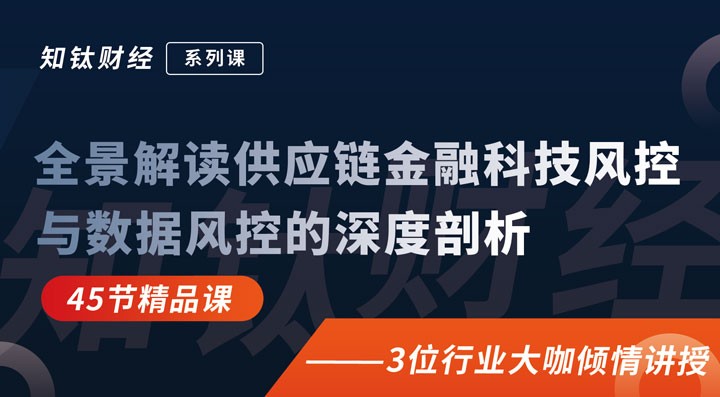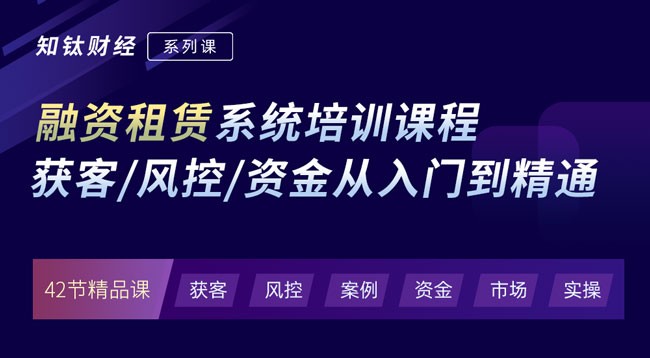中国查明100亿美元虚假跨境贸易
China’s foreign exchange regulator has uncovered $10bn in fake cross-border trade since April last year and has turned 15 cases over to police in a crackdown aimed at curbing hot money flo
China’s foreign exchange regulator has uncovered $10bn in fake cross-border trade since April last year and has turned 15 cases over to police in a crackdown aimed at curbing hot money flows.
中国外汇监管部门自去年4月以来已查明100亿美元的虚假跨境贸易,并已将15起案件移送警方。这项打击行动旨在遏制热钱流动。
Speculators have long used inflated trade invoices as a means to skirt China’s strict capital controls and convert foreign currency into renminbi, aiming to profit from currency appreciation and higher interest rates.
投机者长期以来一直使用有水分的贸易发票,来规避中国严格的资本管制,将外币兑换成人民币,目的在于从货币升值和较高的利率中获利。
The State Administration of Foreign Exchange (Safe) launched an investigation into the practice last April after several months in which official export data appeared heavily inflated by fake invoices.
中国国家外汇管理局(SAFE)去年4月对这种做法展开调查,之前几个月,官方出口数据似乎因虚假发票而严重虚增。
China’scurrency is freely convertible for foreign trade and other current account transactions but there are tight restrictions on investment flows. For the past decade, speculators aiming to circumvent these capital controls have overstated the value of export invoices, allowing them to disguise speculative capital as income from the sale of goods and services.
人民币对于外贸等经常账户交易是自由兑换的,但对投资流动有严格限制。过去10年里,旨在规避这些资本管制的投机者夸大了出口发票的价值,以便将投机资本伪装为商品和服务销售所得。
Banks that buy and sell foreign exchange to clients are supposed to verify the authenticity of trade documents but enforcement is often lax. Speculators typically use hard-to-value items such as electronic circuits as the basis for their invoices, making it tricky to detect inflated shipment values.
为客户买卖外汇的银行理应核实贸易文书的真实性,但在实践中执行力度往往不严。投机者通常使用难以估值的物品(如电子电路)作为发票的依据,使外人难以察觉货物价值被夸大。
“Many firms used forged or altered trade documents, or reused property documents to conduct fake trade,” Wu Ruilin,deputy head of Safe’s inspection department, said at apress conference in Beijing, according to a transcript.
据中国媒体报道,外管局管理检查司副司长武瑞林在北京的一个新闻发布会上表示:“大量企业利用伪造、变造商业单据、重复使用物权单证或者套用已报关进口的一般货物贸易单证等手法构造虚假贸易。”
“They used re-exporting as a tool for speculation and arbitrage, even turning it into a channel for cross-border flows of hot money and criminalfunds,” Mr Wu said, referring to the practice of exporting a shipment of goodsand then reimporting it, often through a neighbouring port. The difference between the reported value of the two shipments constitutes an illicit fundflow.
武瑞林表示,这种做法“使得转口贸易成为投机套利的工具,甚至演变为热钱乃至违法犯罪跨境资金流动的通道。”他指的是出口一批货物,然后(往往通过邻近的港口)重新进口该批货物的做法。两次报关货值之差就构成了非法资金流动。
Safe has periodically cracked down on hot money flows over the past decade when hotmoney inflows have threatened to disrupt the central bank’s efforts to control the money supply and contain property or other asset bubbles.
外管局在过去10年期间多次打击热钱流动,尤其是在热钱流动可能破坏央行控制货币供应、遏制房地产或其他资产泡沫的努力的情况下。
Investors’ appetite to bring hot money into China appears to have waned this year, however, as economic growth has slowed and renminbi appreciation appears less of a sure bet than in the past.
不过,今年随着中国经济增长放缓、人民币看起来也不像以往那样铁定升值,投资者将热钱引入中国的胃口似乎有所减弱。
The gap between Chinese customs data on exports to Hong Kong and Hong Kong customs data on imports from China hit an all-time high of $28bn in March last year.The gap is viewed as a proxy for how much exporters are inflating theirinvoices. But by July this year, the gap had fallen to $9bn.
去年3月,中国海关报告的对香港出口数据与香港海关报告的从中国内地进口数据之间的差值,达到创纪录的280亿美元。但到今年7月,这一差值已降至90亿美元。
Safe said it was increasing its use of “data analysis” through its electronic for exmonitoring to uncover cases of apparent fraud. Such analysis led to 353 cases of alleged fraud in the first eight months of the year, resulting in Rmb118m($19.2m) in fines.
外管局表示,正加大利用“数据分析”(依托电子外汇检查系统)来发现明显的欺诈案件。这种分析导致今年头八个月发现353起涉嫌诈骗,引发1.18亿元人民币(合1920万美元)的罚款。
文章来源:华尔街见闻 表情
表情

